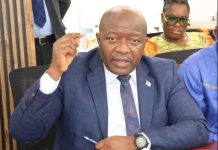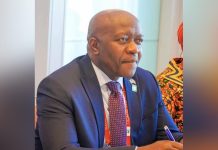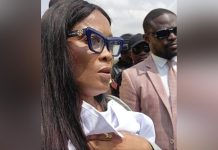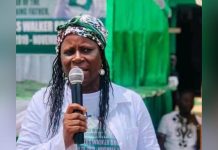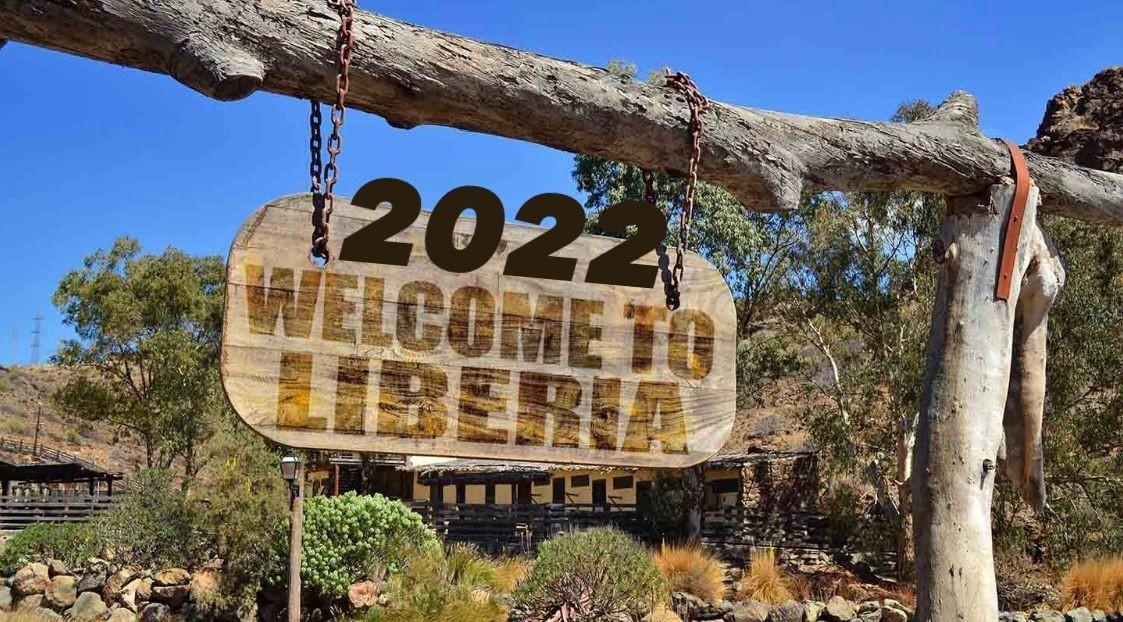
Africa-Press – Liberia. In June 2022, an article was published on nine Liberian news outlets purporting, among other things, that the General Audit Commission (GAC) had concluded that money was paid by the Ministry of Agriculture (MoA) for a Korea-Africa Economic Cooperation (KOAFEC) Trust Fund’s Value Chain Analysis Project, but work was not done to justify the payments. So many names were mentioned it seemed as if anyone who interacted with the Minister was cited in the article. The problem is that some wrongfully accused professionals were named, and I was one of them. It was textbook libel.
The articles were published from June 19th to June 23rd. However, not only was the project supposed to end over a week later, on June 30th, but I had already submitted an inception report in October 2021 and a midterm report in May 2022. At the time of the publications, I was in the last stages of editing the final version of an 83-page Investment Report and 8 accompanying Investment Teasers. In addition to the work submitted and ongoing, I had attended kick-off meetings, exchanged 35 emails with the Project Manager, and in emails and on laptops one could easily find up to 200MB worth of exchanged files. Lastly, the project, funded by KOAFEC and administered by the African Development Bank, had a contract strictly predicated on payments being made only after the submission and approval of reports. So, how had the GAC and the author of the article failed to acknowledge any of this?
No Recourse
The Special Advisor to the Minister first downplayed the attack citing that it was obviously ridiculous given all the readily available proof. But aside from privately signing a letter that exalted my work and reputation, I was left to fend for myself publicly. So, I contacted lawyers to explore my options, and after months of revisions, letters requesting corrections were delivered to all the publications, but to no avail. Then, after losing one potential new client that specifically cited the defamatory articles, I began to reach out to every publication directly. Three of the nine outlets corrected the inaccurate references citing me. The balance six either outright refused to correct the libel or could not be reached. It was a cocktail of complicity, cowardice, and malice. The finance manager of one publication asked me to pay $1,000 for the removal, which I refused to do for obvious reasons. At another publication, the owner, also a senior government official, outright told me that those wrongfully cited in the article were “collateral damage” in an attack on the Minister of Agriculture, and that the articles were “syndicated”, then he refused to make any corrections. He did advise me to hold a press conference though, but I declined. How could I trust them to be concerned with resolution, when they had already accepted to be agents of chaos?
The MoA could have effectively and apolitically resolved this by posting the documents on its Agribusiness website or publicly thanking all stakeholders for their support on the successfully completed project. But instead, radio silence.
Libel can be very damaging for women. A March 2023 article from Fortune noted that “female financial advisors are 30% less likely to find another job in the financial services industry [for work-related blunders]” than their male counterparts. (LINK) Gender and structural inequalities persist not just globally but also in Liberia, and the backlash I received from just proximity to political warfare and poor journalism reinforces that.
Loss
A correction of false claims published online is a simple but powerful response in this world of immortal online content. I lost one known client, imagine those that did not engage because of the damaging reference. Meanwhile, I am proud of the work that I did for Liberia. The end-product was an Investment Report (which was finally uploaded 16 months after the project ended (LINK)) that outlined over $1.5 billion of untapped value, significant by any measure but especially for a country renowned for its economic underperformance with an estimated GDP of merely $3.5 billion. Optimizing the country’s latent agricultural assets would raise funds that could train teachers, build roads, and even strengthen the health sector.
Instead, up to now, I have yet to see any report with any evidence from any agency backing the libelous claims. So, will the relevant authorities ever speak up for those unnecessarily entangled in this saga? Unlikely. But will I always produce high-quality work and clear my name in the face of defamation? Every single time, because when I sign a contract, I honor it.
For More News And Analysis About Liberia Follow Africa-Press

